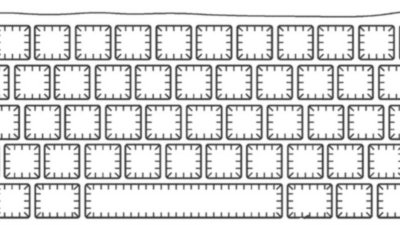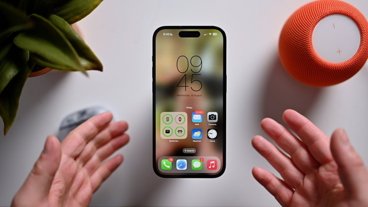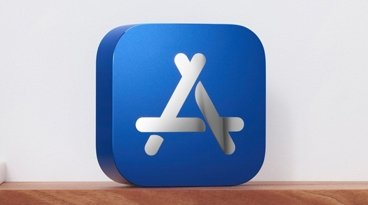Zuckerberg unclear on iOS Facebook Home, says Android's openness allows unique experiences
Facebook CEO Mark Zuckerberg was non-committal on Thursday when asked if iOS users could expect to see Facebook Home showing up on their devices, saying instead that the openness of Google's Android platform made possible experiences "that you can't have anywhere else."
Facebook's new Android-based launcher, Facebook Home
Speaking during the question-and-answer portion of the event for Facebook's new Android-based launcher, Zuckerberg appeared to give a non-answer regarding the possibility of Home appearing on Apple's mobile platform.
"We have a great relationship with Apple," Zuckerberg said, according to CNet. "Anything that happens with Apple is going to happen with partnership.""Because of Google's commitment to openness, you can have experiences on Android that you can't have anywhere else." - Facebook CEO Mark Zuckerberg
Continuing, Zuckerberg seemed to indicate that Facebook Home was built without any Google input.
"Google's Android is open, so we don't have to work with them."
Apple controls virtually every aspect of its iOS platform, and iOS device users must "jailbreak" their devices in order to make anything more than superficial alterations to its design and functionality. Apple's platform, also, doesn't allow for many of the interface options available from the wide array of Android launcher developers, including those featured in Facebook Home.
Android's mutability, Zuckerbeg said earlier in the event, the main reason the Facebook Home experience is possible on the platform.
"The great thing about Android is that it's so open," Zuckerberg said shortly after unveiling Home. "Because of Google's commitment to openness, you can have experiences on Android that you can't have anywhere else."
The run-up to Thursday's event began with a somewhat cryptic invitation sent out by Facebook last week, inviting recipients to "come see our new home on Android." Initial speculation around the event held that it could signal that the social network was finally making a long-rumored move into providing its own mobile platform. Subsequent reports revealed the new Android launcher interface and, later, the HTC First hardware, putting rumors of an Android fork and new mobile platform to rest.
Zuckerberg acknowledged those rumors in the midst of Thursday's presentation, throwing up a graphic on the screen showing that Facebook wouldn't be making its own OS or forking Android.
"We're not building a phone, and we're not building an operating system," he proclaimed, reiterating previous statements on Facebook's mobile plans. "A great phone might sell 10 or 20 million units. Our user base is at about a billion. Even if we made a great phone, we'd only be serving one or two percent of our base."
Even without a new platform, the move could serve to heighten the competition between Google and Facebook, who are locked in battle over Internet user mindshare and advertising dollars. Facebook Home will keep users going through Facebook first, and it could be tweaked to, for instance, route users' search inquiries through Facebook partner Microsoft's Bing search engine.
Zuckerberg was, however, open to the idea of Google's competing social network, Google+, integrating with Facebook Home. That just won't be happening in the very near future, though.
"[Facebook Home] will be open," Zuckerberg said, "and over time we'd love to add more content from competing social services, but it won't happen at launch."
 Kevin Bostic
Kevin Bostic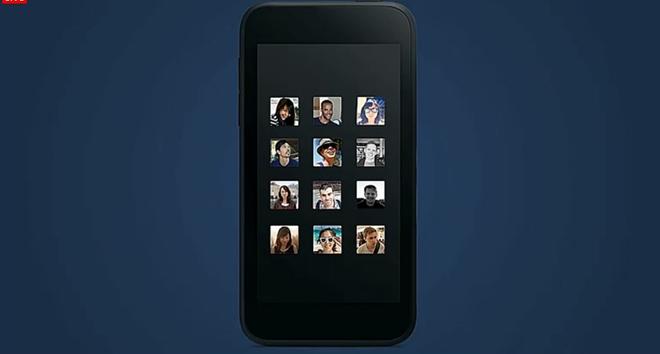
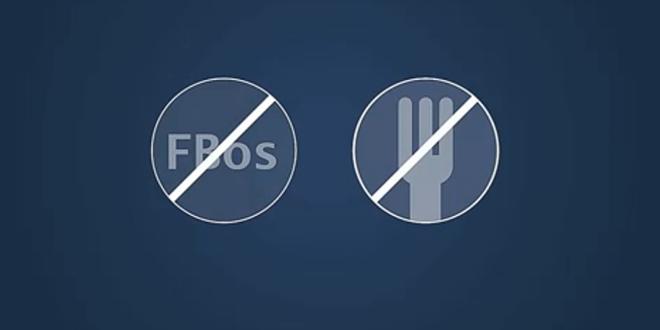



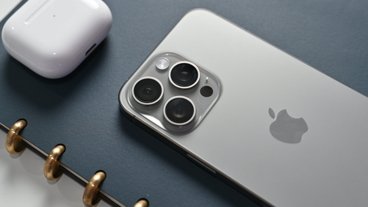
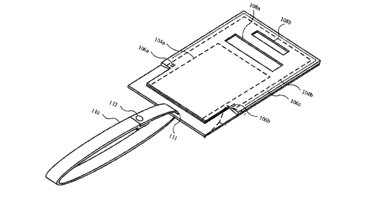





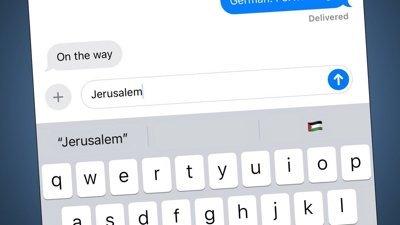
 Malcolm Owen
Malcolm Owen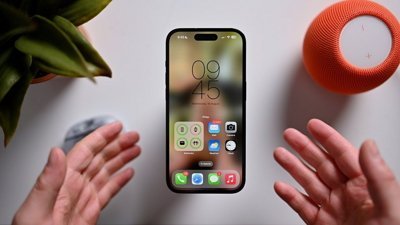
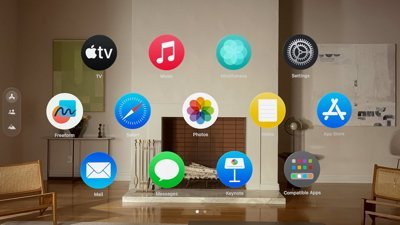
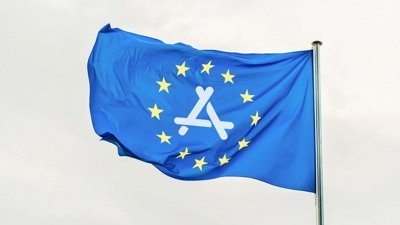
 William Gallagher
William Gallagher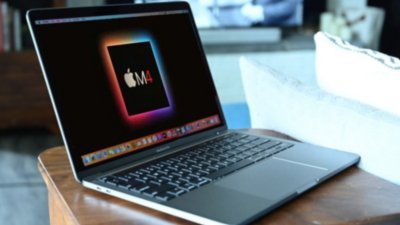

 David Schloss
David Schloss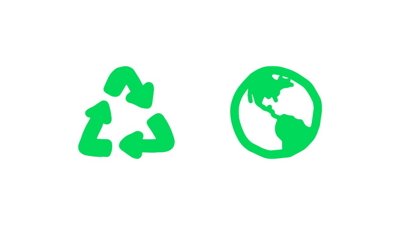
 Amber Neely
Amber Neely